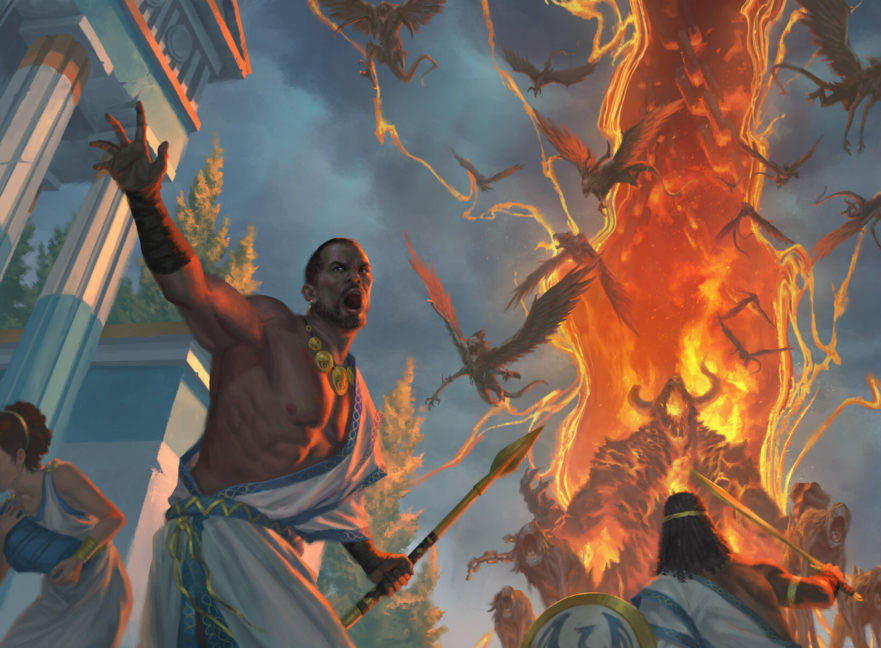A lot can happen from nothing.
Last week’s Banned and Restricted announcement was pretty highly anticipated. Many discussions across social media centered around Pioneer — the format’s overall health and the power levels of the proverbial Boogeymen. People even started talking about how the metagame would change after the presumed bans, projecting deck positions and power shifts. It was an exciting time to see what would happen, how people would react, and where things would go leading into SCG Baltimore.
But nothing changed.
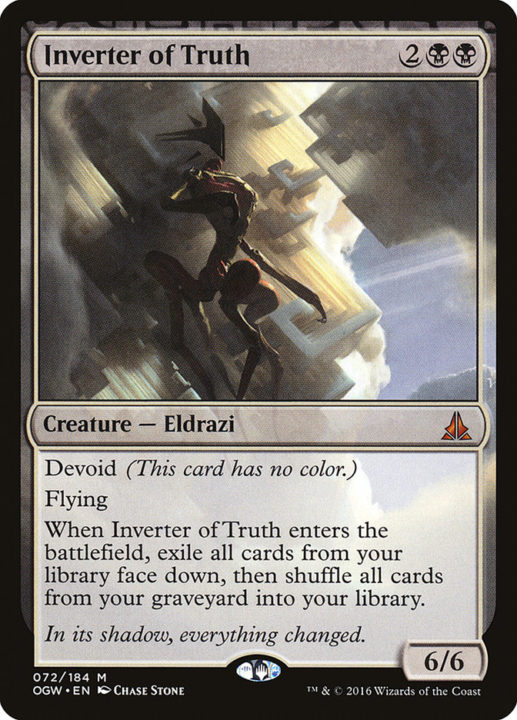
Last Monday, to many people’s surprise, not a single card was banned or unbanned in Pioneer. Despite nothing changing, this decision has huge implications for the format. The Wizards announcement cited a 49% win rate for Inverter decks; Underworld Breach decks had an even lower win percentage, as Damping Sphere really put a “damper” on the archetype as a whole. Whether that has an effect on one’s enjoyment of the format isn’t as important in this context, though it is worth noting that Nexus of Fate was one of the cards that got banned regardless of how well the deck was performing.
So, what does this mean for Pioneer? It depends on how far into the future you look.
Short-Term Changes
Despite the lack of bans, I expect that the Pioneer metagame will slowly begin to change in the coming weeks — I’m just not sure by how much. Inverter is an extremely hard deck to hate out, and the decks that couldn’t keep up with it had to make drastic shifts to even compete with the rest of the field. Ipnu Rivulet wound up being a nice way to cut them off in between the combo, but not every deck can play it.
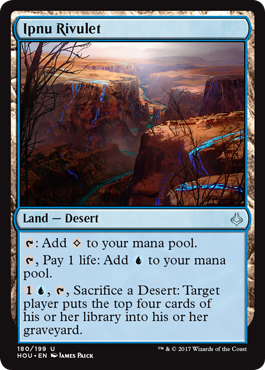
Meanwhile, Mono-White Devotion became a very real deck because it takes advantage of a combo on top of an aggressive shell. Spirits didn’t change much, but has always preyed on combo decks, but it suffered against anything playing fair. Most other decks had to go too far out of the way to fight.
That said, there weren’t many decks that became truly unplayable when this shift happened, and those that did survive will likely influence the format identity in the future.
Long-Term Changes
Let’s look to the next B&R announcement and beyond. I think things will eventually shake out, and the format will look healthier than people perceive, but it will require a substantial shift.
Mono-White Devotion has been a major force keeping Inverter from being truly dominant; Gideon of the Trials, combined with Walking Ballista and Heliod, Sun-Crowned, has proven to be an incredibly powerful shell. Sultai Delirium will beat up on every deck trying to play fair, and the emerging Mono-Green Planeswalkers deck will provide the burst value that previous devotion decks clamored for. When the format becomes even more focused on attrition, Niv to Light becomes really powerful again, which in turn lets decks like Spirits and Mono-Red exploit that development.
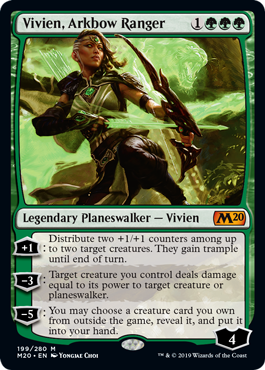
This may sound like what would be a naturally adapting metagame, and you’d be right. This is where the nuance comes in. Will people be happy if the metagame continues to change while Inverter still exists? Is Inverter’s very existence proof that combo decks are too powerful? If Underworld Breach overcomes the hate, will it be the new elephant in the room?
I imagine Inverter will still be the top dog in a few weeks’ time, while Sultai Delirium will beat the decks trying to beat Inverter. “Big mana” green decks will make a comeback as the format becoming grindier; Inverter will be moving toward more Planeswalkers that don’t interact with the board. These developments should alleviate the strain on Mono-Red, and cards like Rampaging Ferocidon (and, to a lesser extent, Goblin Rabblemaster) will begin to reemerge.
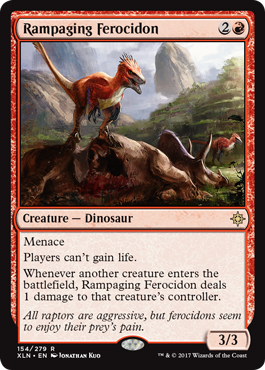
The Upside
When ever a B&R announcement comes up, it’s worth reminding ourselves that Magic is a game about collecting cards. Having to worry that your cards are going to get banned is a huge factor in what decks and cards people invest in. When Wizards is more lenient with bannings, card owners have more breathing room to decide what to play, how long to play it, and how to pick up new cards. Giving time to let the metagame settle and develop is a very good and healthy thing, and I hope that trend continues.
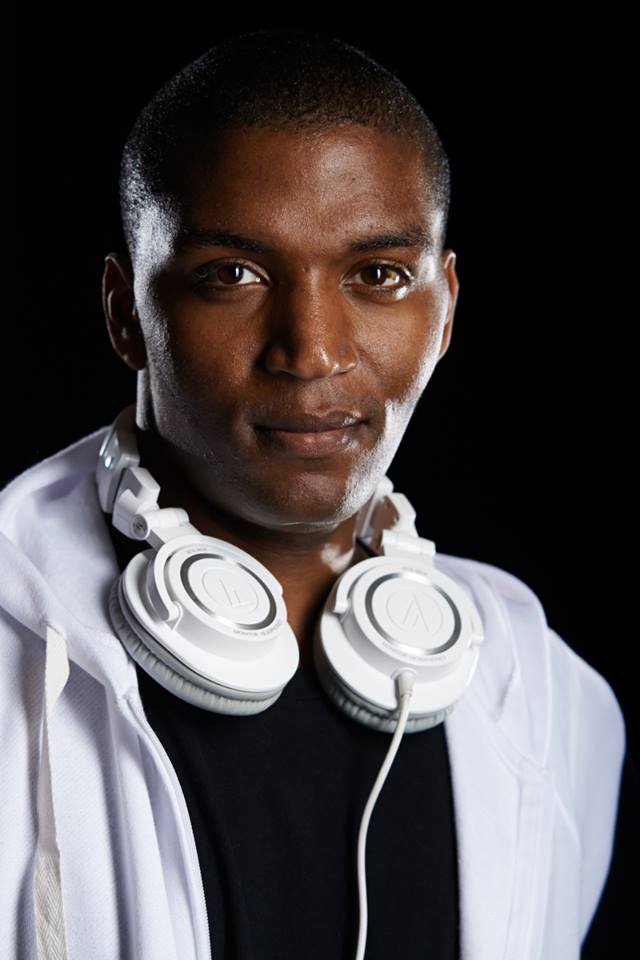
Anthony Lowry is a high level competitor in several games, and Magic is no exception. His newfound passion for deckbuilding has reignited his drive to compete and test his skill against the best.

